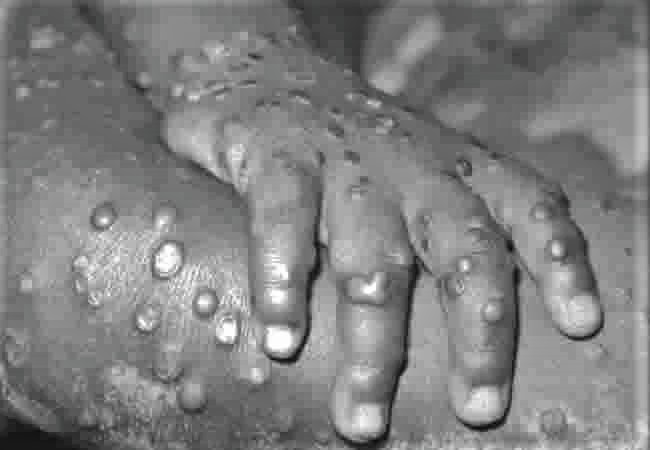[ad_1]
Amarachi Okeh
The President of the Nigerian Society for Virology, Prof. Clement Mboto, has said that persons with weakened immune systems could be more prone to getting infected with monkeypox.
He noted that the recent spike in cases of the health condition could be attributed to low immunity of those infected.
Prof. Mboto was reacting to the recent monkeypox update by the Nigerian Centre for Disease Control with the health agency reporting that the country has so far recorded 101 cases of the virus in 2022.
According to the situation report by the NCDC, the 101 cases reported are the highest number of monkeypox cases reported since the disease re-emerged in 2017.
According to the latest epidemiological report of week 27 (4th to 10th July 2022), of the 56 suspected cases in the week, 17 were confirmed positive originating from Ondo (3), Adamawa (2), Bayelsa (2), Delta (2), Anambra (1), Borno (1), Edo (1), Gombe (1), Katsina (1), Kogi (1), Plateau (1) and Lagos (1).
The situation report also stated that no less than 301 suspected cases of the disease have been reported in the country this year alone.
The report revealed that Nigeria had reported 88 confirmed cases in 2017, 49 in 2018, 8 in 2020, and 34 in 2021.
Speaking with PUNCH HealthWise on what could be the reason for such an increase in the spread of the virus this year, Mboto, who is a Professor of Medical Microbiology in the Faculty of Biological Sciences, University of Calabar, said that the immunity of the victims could be the reason.
He said, “I don’t know what could be contributing to the increase and spread but I can only suggest.
“Predominately monkeypox is not for healthy persons. Apparently, those who are very healthy hardly suffer from monkeypox.
“The major victims are pregnant women, children, and immunocompromised persons. Or people on long-term prolonged antibiotics that have compromised the body system that came make them prone to infections.
“If not, the average healthy person that eats well has nothing to fear about monkeypox.”
He also allayed the fears of Nigerians about the virus explaining that the virus is self-limiting, and disappears on its own in most cases.
He, however, added that “except you are telling me that the economy has descended so much on us in the society and our immune system has diminished to certain levels and malnutrition has become a major factor.
“That could be a contributing factor, if not, normally, it is not something to be too worried about as long as you take precautions.”
Speaking on the symptoms to be on the lookout for regarding the virus, the President of NSV revealed that the disease in the first three days mimics malaria starting with symptoms like fever, feeling of tiredness, and headache but added that as the disease progresses, complications can come up.
However, the complications, he said, are most severe in immunocompromised persons.
“Disease complications do come in and it might give rise to problems and this complication is mainly in people who are immunocompromised.
“Those complications can result in ordinary secondary skin infection, pneumonia but overall, the mortality rate is not high, usually between one to 10 percent,” he said.
The professor also cautioned breastfeeding mothers who may have been infected with the virus to avoid breastfeeding their baby while monitoring the infection.
Mboto also urged Nigerians to steer clear of wild animals like squirrels, mice, and rodents, adding that they are the major carriers of the disease.
The World Health Organisation had explained that monkeypox is a viral infectious disease that is transmitted from animals to humans occurring primarily in tropical rainforest areas of central and west Africa and is occasionally exported to other regions.
Copyright PUNCH
All rights reserved. This material, and other digital content on this website, may not be reproduced, published, broadcast, rewritten or redistributed in whole or in part without prior express written permission from PUNCH.
Contact: [email protected]
[ad_2]
Source link



